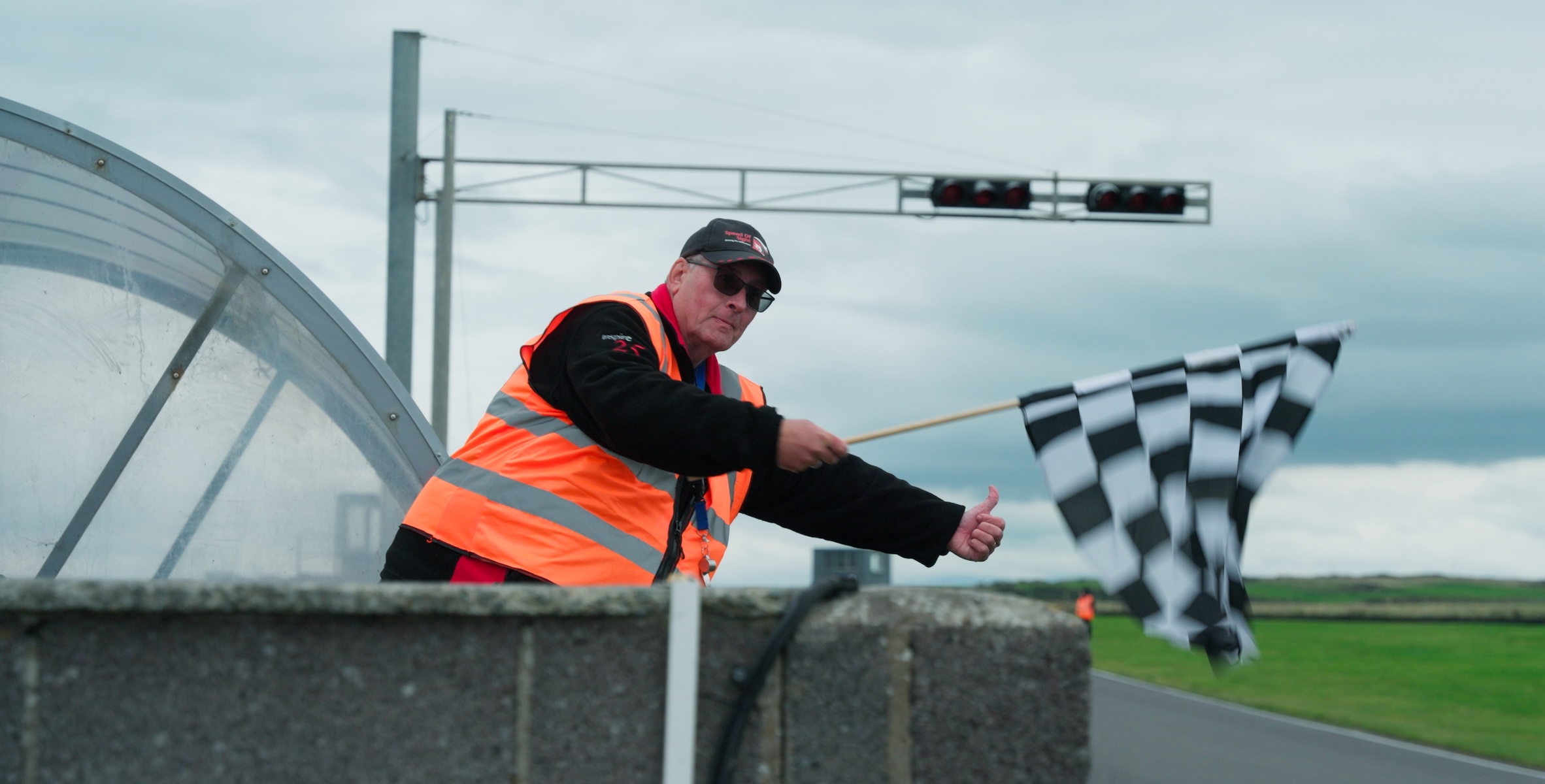How has television changed advertising?

Advertising has gone hand in hand with television since the beginning. Although commercial television didn’t arrive in the UK until 1955, it was already well established in the US and elsewhere.
Over the decades, TV and advertising have evolved together. As well as being something that breaks up the programming, TV adverts have also become an event in themselves. A good example of this is the hotly anticipated Super Bowl adverts with slots during the game some of the most expensive in the industry. In the UK, Christmas adverts like those from John Lewis are all part of the build-up to the festivities.
Television has influenced the world of advertising considerably, and even though other media are now competing hard for advertising money, television remains a popular medium for any business that wants to make a serious impact.
TV was a game-changer for advertising
Television itself has had a huge impact on how advertising works and what consumers expect from it. In the very early days, TV advertising was largely product-based and gave the consumers a range of facts and unique selling points about the product that it was hoped would entice viewers to make a purchase. Over the decades, advertising became more sophisticated with many filmmakers cutting their teeth in the industry, including Ridley Scott.
Establishing the format
It was during the 1960s that TV advertising began to find its feet. The format during that decade was dominated by presenter-led advertising where someone whom the audience trusted, such as a TV personality, talked about the benefits of the product.
These were superseded later in the decade by new production techniques and styles of advertising, often using jingles, music and animation to create a more compelling advert. During the 1970s, an explosion of new products and new advertising began to move the format in new directions.
Iconic UK advertising such as the Smash aliens, the James Bond-esque Milk Tray man and the glowing children who had just eaten their Ready Brek, all became instantly recognisable.
TV Advertising in the 1980s
The opportunities for TV advertising increased considerably during the 1980s with an explosion of new channels and outlets, particularly in the US. The UK wasn’t far behind, with daytime TV and new channels creating more opportunities for businesses to advertise and driving down the costs overall.
Production values in the 80s were beginning to improve, but away from the biggest brands with the biggest budgets, adverts were often still relatively simplistic. More regionally targeted advertising such as those for furniture warehouses and car dealerships were often quite rudimentary, using limited visuals and a formulaic voice over.
Often this kind of advertising closely resembled the kind of local advertising seen at cinemas. This continued through the 90s with TV still enjoying an almost monopoly on visual advertising until the early noughties brought about widespread internet access and an explosion in alternative advertising channels.
A changing landscape
Today, adverts are often highly sophisticated with big budgets and movie-style production values. Everyone now has access to dozens of channels, all of which provide opportunities for advertisers meaning that there has never been as much commercial video content created for TV. While this has made TV advertising more accessible for a wider range of businesses, it also means that it can be harder to get your advert noticed.
Over recent years, the popularity of subscription streaming services has begun to change the way that people watch television. The big-budget, advert-free services are now competing for viewers with commercial TV channels.
What works today?
Viewers now have less tolerance for poor quality advertising. They don’t only want to learn about your product and how it might be useful, they also want to be entertained. What this means in practical terms is that an advert will need to deploy a range of techniques to grab the viewer’s attention and then keep them engaged.
Your advert needs to be memorable which can be easier said than done. It takes thorough market research as well as proper preparation and planning. Think about what you want your advert to achieve. Once you know what your key message is you can then use this to create a compelling advert that lives in the memory of the viewer.
Humour is often deployed to help create a memorable and engaging advert. Funny adverts can have wide appeal, and can often be talked about to friends, family and colleagues priming other people to look out for it. Irony can often be effective, and UK audiences like a self-deprecating approach.
Effective adverts will also have a clear message. Well produced and creative adverts can sometimes miss the mark with the viewer because what they’re attempting to convey is too broad or lacks focus. As well as ensuring people remember your advert, they also need to recall your business. The call to action at the end of the advert should be clear and compelling.
Work with a professional team
With viewers expecting more from TV adverts it’s never been more important to work with a professional production team. At Eight Engines, our clients get the benefit of experienced video production professionals who understand TV and its demands. We can help you create a memorable TV advert that delivers tangible results.
Contact us to find out more about our Manchester Video Production company and how we can create a successful TV advertising campaign for your brand.
Other Recent Articles

Our Charity Scheme

Our Low Carbon Footprint Production

Construction Marketing Trends to Watch in 2026
Ready to get started on your next project?
Let's talk! Get in touch with our team today.
